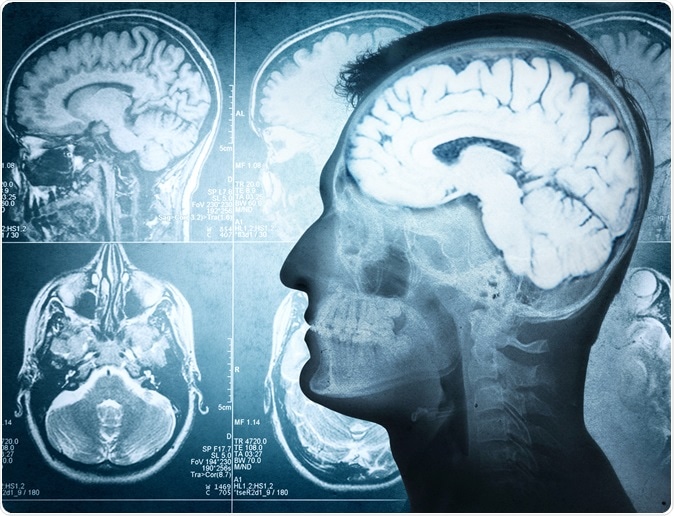Researchers studied the activity of a dying human brain and observed brain wave patterns that are similar to those seen during dreaming, memory recall, and meditation. A new study sheds light on the brain’s likely organizational process during death and offers an explanation for intense life memory in near-death experiences.
Consider your brain repeating your whole life in a few seconds, experiencing unforgettable events. This is known as ‘life recall,’ a near-death experience.

According to a recent study published in Frontiers in Aging Neuroscience, your brain may stay active and coordinated during and even after the transition to death and be designed to organize the entire event.
Dr. Raul Vicente of the University of Tartu in Estonia and colleagues employed continuous electroencephalography (EEG) to detect and treat an 87-year-old epilepsy patient. During these recordings, the patient suffered a heart attack and died. For the first time, scientists were able to capture the activity of a dying human brain as a result of this unforeseen event.
“We measured 900 seconds of brain activity around the time of death and set a specific focus to investigate what happened in the 30 seconds before and after the heart stopped beating,” said Dr. Ajmal Zemmar, a neurosurgeon at the University of Louisville, US, who organized the study.

“Just before and after the heart stopped working, we saw changes in a specific band of neural oscillations, so-called gamma oscillations, but also in others such as delta, theta, alpha, and beta oscillations.”
Brain oscillations or brain waves are rhythmic patterns of brain activity found in living human brains. Gamma oscillations are engaged in high-cognitive tasks such as concentrating, dreaming, meditation, memory retrieval, information processing, and conscious perception.
“Through generating oscillations involved in memory retrieval, the brain may be playing a last recall of important life events just before we die, similar to the ones reported in near-death experiences,” Zemmar speculated.
“These findings challenge our understanding of when exactly life ends and generate important subsequent questions, such as those related to the timing of organ donation.”
While this is the first research of its sort to monitor live brain activity in humans as they die, comparable alterations in gamma oscillations have previously been documented in rats housed in controlled conditions. This implies that, at death, the brain may organize and execute a biological reaction that is conserved across species.

These measurements, however, are based on a single case and come from the brain of a patient who had undergone damage, seizure, and edema, complicating data interpretation. Nonetheless, Zemmar intends to explore other cases and sees these findings as a source of hope.
“As a neurosurgeon, I deal with loss at times. However, it is indescribably difficult to deliver the news of death to distraught family members,” he said.
“Something we may learn from this research is: although our loved ones have their eyes closed and are ready to leave us to rest, their brains may be replaying some of the nicest moments they experienced in their lives.”
The research was published in the journal Frontiers in Aging Neuroscience.


